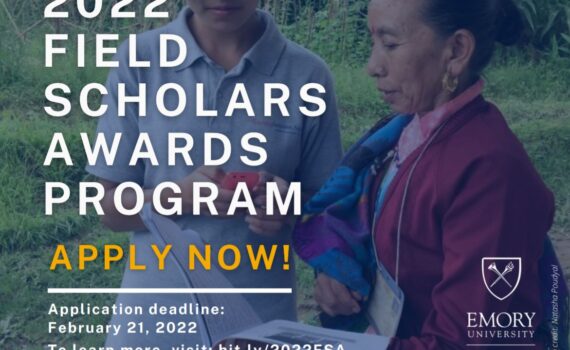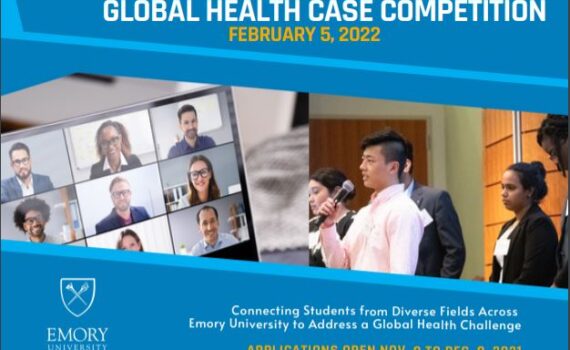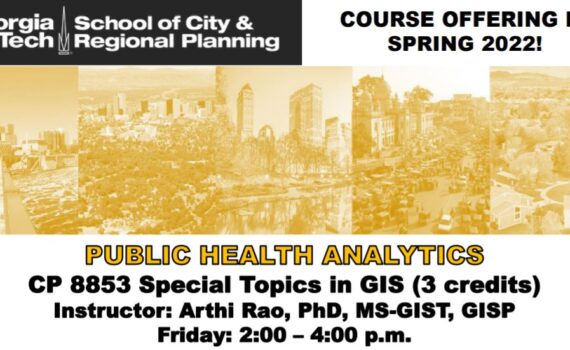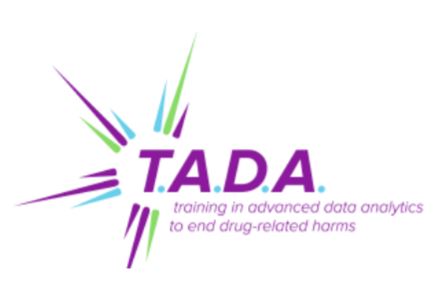GRA: Clinical Affairs Team at the Nell Hodgson Woodruff School of Nursing
Category : Student Opportunities
JOB DESCRIPTION: The primary goal of this position is to aid and support the staff of the Clinical Affairs Graduate Team at Nell Hodgson Woodruff School of Nursing. The student will provide support 8-12 hours per week for staff working with graduate nursing clinical placements starting Spring semester 2022. The candidate should have experience working with diverse groups within university setting, ability to maintain confidentiality of information, professional working demeanor, and proficient phone and email etiquette.
ESSENTIAL FUNCTIONS:
Duties and responsibilities include, but are not limited to, the following:
Primary Duties:
- Engagement interface with outside stakeholders in healthcare
- Database management
- Staff assistance
- Record keeping
- Other duties as assigned
Minimum Qualifications:
- Dependable
- Strong organizational skills
- Excellent verbal and written communication skills
- Ability to maintain confidentiality
- Ability to prioritize tasks
Preferred Qualifications:
- Student at one of Emory University’s graduate schools
- Strong Microsoft Excel skills
Working Conditions:
- Primarily remote, with occasional on site presence for team meetings required
- Flexible hours – 8-12 hours per week
If interested in applying, please send resume and short personal statement to:
Kathleen Karpicki, MPH
Senior Program Coordinator for Post-Licensure Placement
Emory University Nell Hodgson Woodruff School of Nursing Kathleen [dot] marie [dot] Karpicki [at] emory [dot] edu







Recent Comments